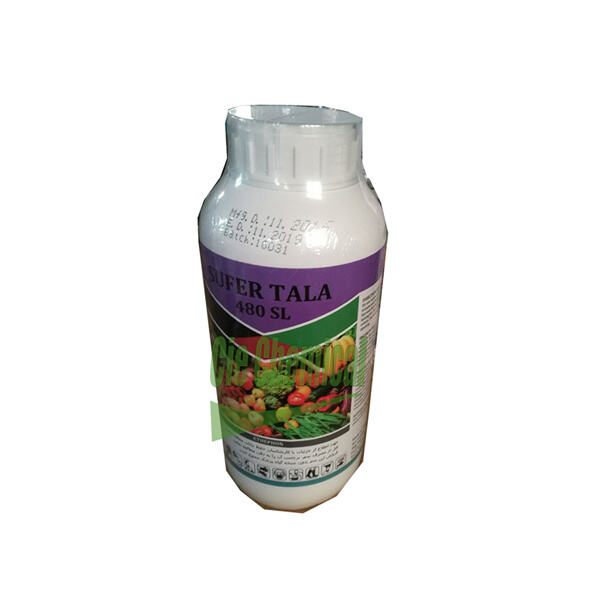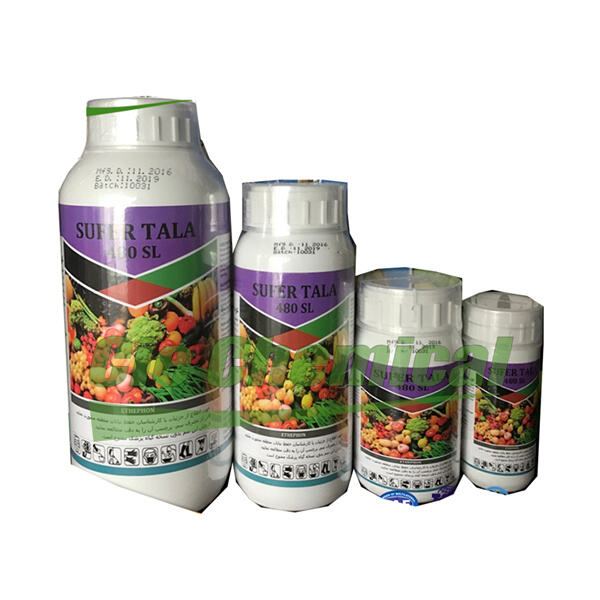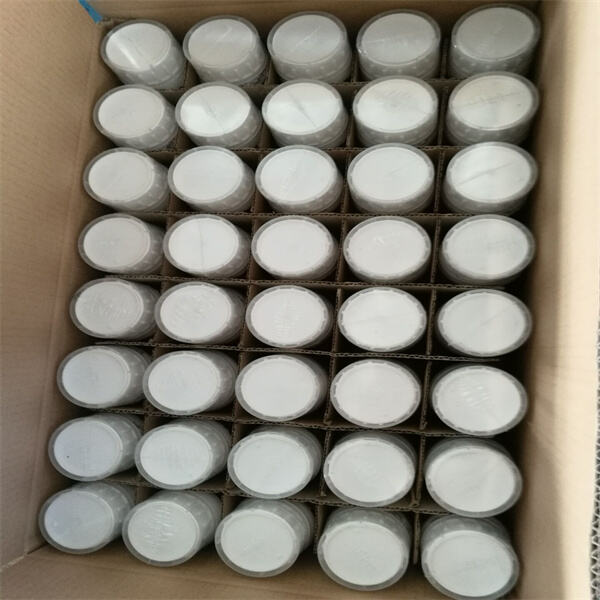It is a special chemical that helps plants grow and ripen in special ways. Let’s find out more about how this chemical operates and what it does to plants.
When plants receive plant growth regulator, they are able to grow larger and stronger. This is a chemical that helps plants produce more flowers and fruit. It is good for farms and gardens. Farmers can use ethephon to make their plants grow up fast, which means better harvests.
In agriculture, 2 4 d weeds killer is most commonly employed to ripen fruits. When foods receive ethephon, they may ripen sooner, and more evenly. This is critical for farmers that would like to pick their fruits at the proper time, so they could be sold in stores. With the help of ethephon, farmers can ensure their fruits are ready for customers when they’re ready to buy them.

Ethephon does this by producing a gas called ethylene. This is a gas that plants produce themselves and use to grow and ripen. Ethylene occurs naturally and is present in fruits, such as apples and bananas. Applied to crops, ethephon aids in accelerating the release of ethylene, enabling plants to grow and ripen faster. But farmers need to use it carefully, because too much ethephon can harm both plants and the environment.

Ethephon is great for farmers, but there are some safety and health concerns. When crops are sprayed with ethephon it can wash into water nearby and cause pollution. And if farmers aren’t careful, it can hurt friendly insects and animals in the vicinity of the crops. The use of ethephon by farmers should always include safety rules to protect the environment and their health.

On the whole, ethephon can be a useful means for farmers to speed up the growth and ripening of their plants. But farmers will have to be careful and follow guidelines to minimize impact on the environment — as well as their own health. If used properly, ethephon can help and not hinder farmers.